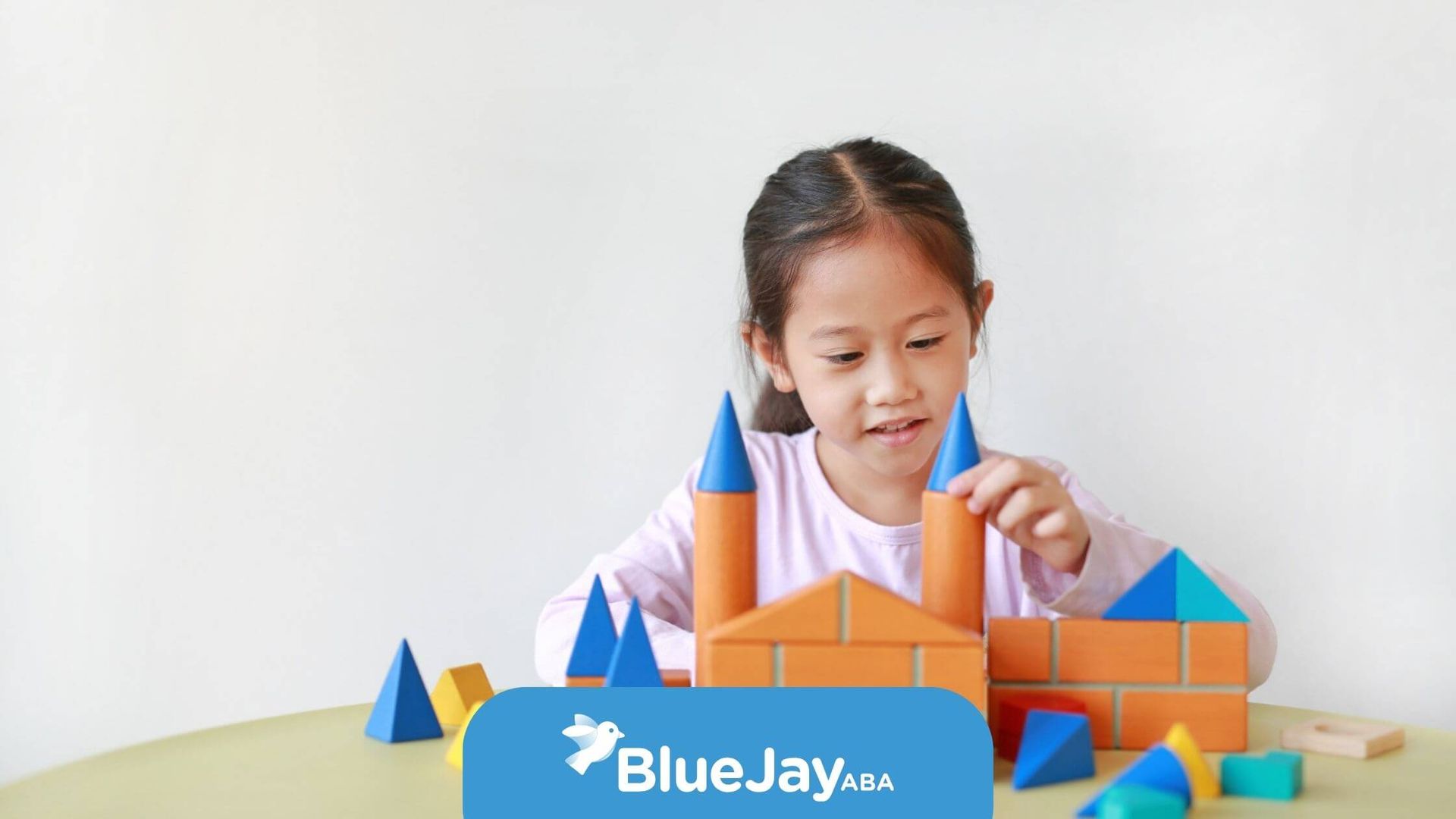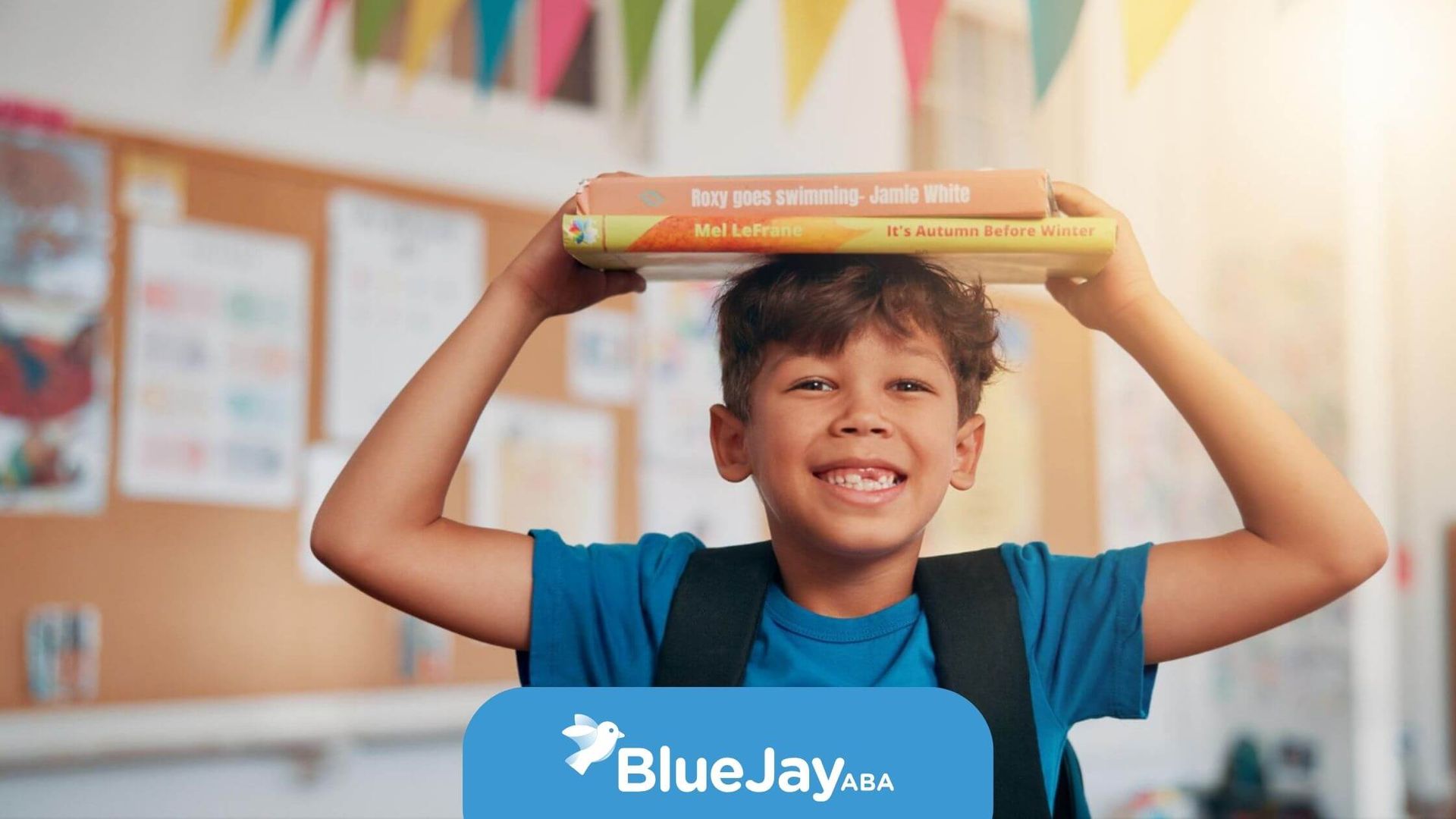What Is Echolalia in Autism? Understanding Why Children Repeat Words
If you’ve ever noticed your child repeating words, phrases, or even full sentences they’ve just heard—or ones they heard earlier—you’ve likely seen echolalia in action.
It’s one of the most common features of communication in children with autism, and while it might seem unusual at first, echolalia actually plays an important role in language development and social connection.
Understanding Echolalia
Echolalia means the repetition of words or phrases. For many children with autism spectrum disorder (ASD), repeating language is a natural way to process speech and learn how to communicate.
It’s their way of practicing, making sense of what they hear, and expressing needs—even if the words don’t always seem directly related to the moment.
There are two main types of echolalia:
- Immediate echolalia: When a child repeats something right after hearing it. For example, if you say, “Do you want juice?” and your child responds, “Want juice?”
- Delayed echolalia: When a child repeats something they heard earlier—like a line from a favorite show or something you said yesterday.
Why Echolalia Happens
Echolalia isn’t “just copying.” For many children with autism, it serves a purpose—like asking for something, expressing emotion, or starting a conversation. Over time, with the right support, echolalia can evolve into more flexible, meaningful language use.
Therapists often use Applied Behavior Analysis (ABA) therapy strategies to help children move from scripted or repetitive language to spontaneous, functional speech.
At Blue Jay ABA, we understand that every child’s communication journey is unique. Our team helps families recognize what echolalia means for their child and how to build on it as a strength.
Whether through home-based ABA, school-based ABA, or telehealth ABA therapy, we focus on improving language, social skills, and confidence. Our detailed ABA assessment and hands-on ABA parent training give families the tools to understand and support their child’s communication progress every step of the way.
If you’re curious about how ABA therapy can support your child’s language development, contact us today—we’d love to help you get started.
FAQs
Is echolalia normal in children with autism?
Yes. Echolalia is common in children with autism and can be a normal part of language development. It often shows that your child is processing and practicing communication.
Can echolalia improve over time?
Absolutely. With support from ABA therapy and consistent communication strategies, echolalia can lead to more natural, flexible speech.
Should I stop my child from using echolalia?
No. Echolalia isn’t something to stop—it’s something to understand. Therapists can help guide your child from repetition to meaningful communication at their own pace.
Sources:
- https://www.webmd.com/parenting/what-is-echolalia
- https://www.healthline.com/health/echolalia
- https://my.clevelandclinic.org/health/symptoms/echolalia
- https://link.springer.com/article/10.1007/s40474-024-00311-0
- https://www.verywellhealth.com/what-is-echolalia-5207994
- https://pubmed.ncbi.nlm.nih.gov/39764573/
Related Posts





